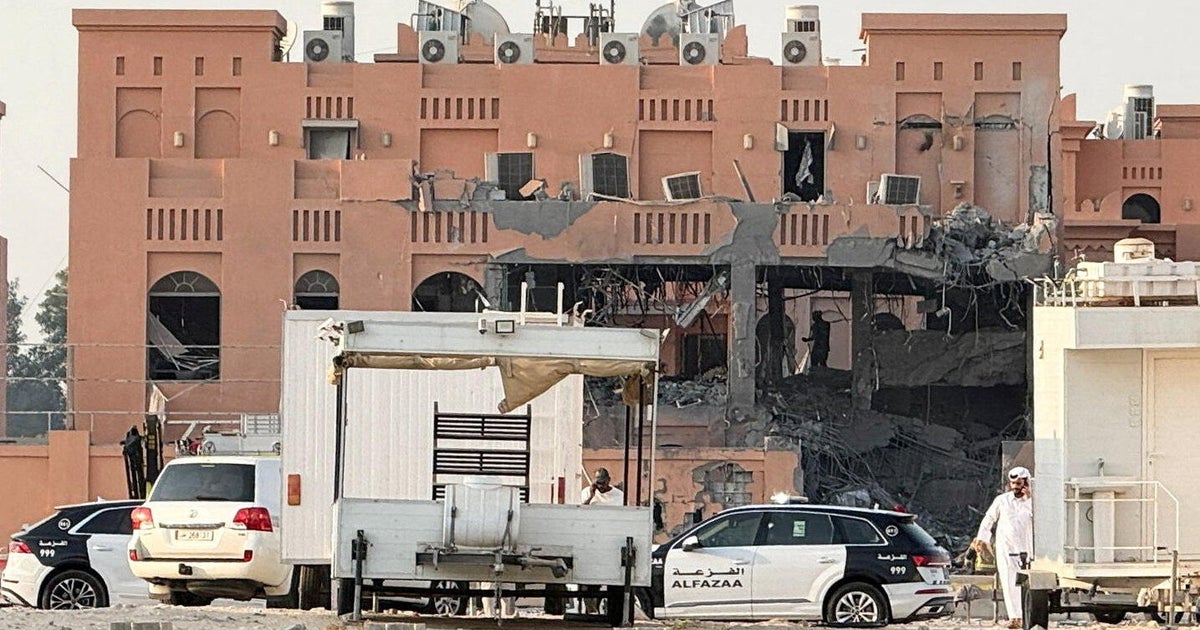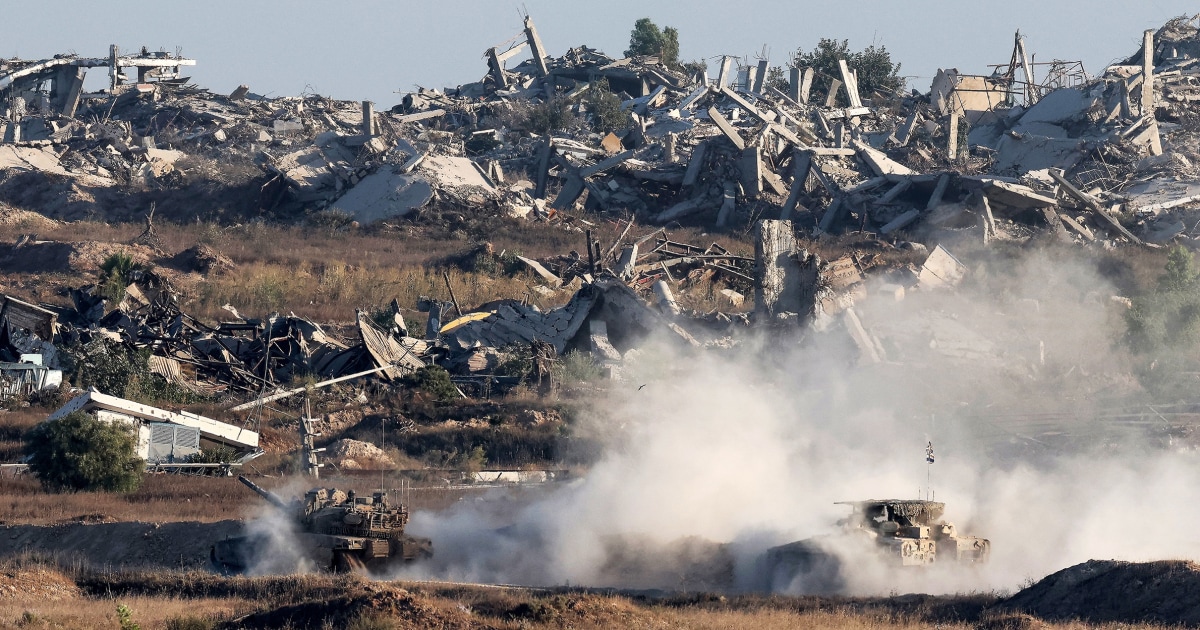Leaders' Disagreement at Qatar Summit Reveals Ongoing Tensions and Need for United Action
#qatar #summit #israel #hamas #arab #islamic #tensions #unity
Introduction
Last week, Israel launched an attack on Hamas leaders in Doha, causing outrage and concern among Arab and Islamic nations. In response, Qatar hosted a summit with the hopes of presenting a united front against the aggression. However, the outcome of the summit was less than satisfactory, with only minimal action being agreed upon by the group.
Key Details
During the summit, leaders from various nations expressed different views on how to handle the situation. Some called for immediate and decisive action, while others advocated for a more diplomatic approach. Despite these differing opinions, the group ultimately agreed to take minimal action, leaving many feeling disappointed and frustrated. This lack of unity and action highlights the challenges faced when trying to address complex and sensitive political issues.
Impact
The lack of meaningful action from the summit raises questions about the effectiveness of such gatherings in addressing political conflicts. It also highlights the ongoing tensions and divisions within the Arab and Islamic world. As the situation in Doha continues to escalate, it is crucial for leaders to come together and find a united and decisive response to the aggression from Israel.
About the Organizations Mentioned
Qatar
Qatar is not an organization but a country located in the Middle East, known for its significant contributions to global business, technology, and social development. Here is a comprehensive summary of Qatar's key aspects: ## Overview Qatar, officially the State of Qatar, is a constitutional emirate with a hereditary monarchy. It is ruled by the Āl Thānī family, with the current emir being Sheikh Tamim bin Hamad Al Thani. The country's government structure includes a Council of Ministers and an advisory Shura Council, although the latter's electoral component was abolished in 2024[4]. ## History Qatar's history is marked by its transformation from a small tribal state to a major economic power. After World War II, oil revenues significantly increased, leading to rapid modernization and political stability within the ruling family[4]. In 2003, a new constitution was approved, which initially provided for the election of the Shura Council, but these elections were repeatedly delayed until 2021 and later abolished[4]. ## Key Achievements - **Economic Diversification**: Qatar has successfully diversified its economy beyond oil and gas, with non-oil sectors contributing over 60% of GDP in 2024[8]. Tourism, logistics, and financial services are key drivers of this diversification. - **Global Events**: Qatar hosted the FIFA 2022 World Cup, which was a significant achievement in terms of infrastructure development and international visibility[8]. - **Investment and Development**: The government has allocated substantial funds for major projects, including education and healthcare, with a budget of $5.3 billion for education and $6 billion for health in 2025[2]. ## Current Status Qatar continues to invest in strategic sectors like education, healthcare, and environmental sustainability. The country is hosting the Second World Summit for Social Development in 2025, focusing on inclusive social development[6]. Its GDP per capita is among the highest












